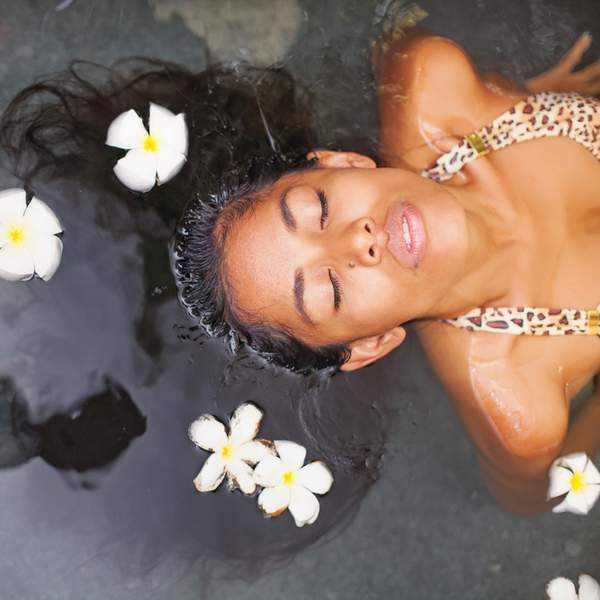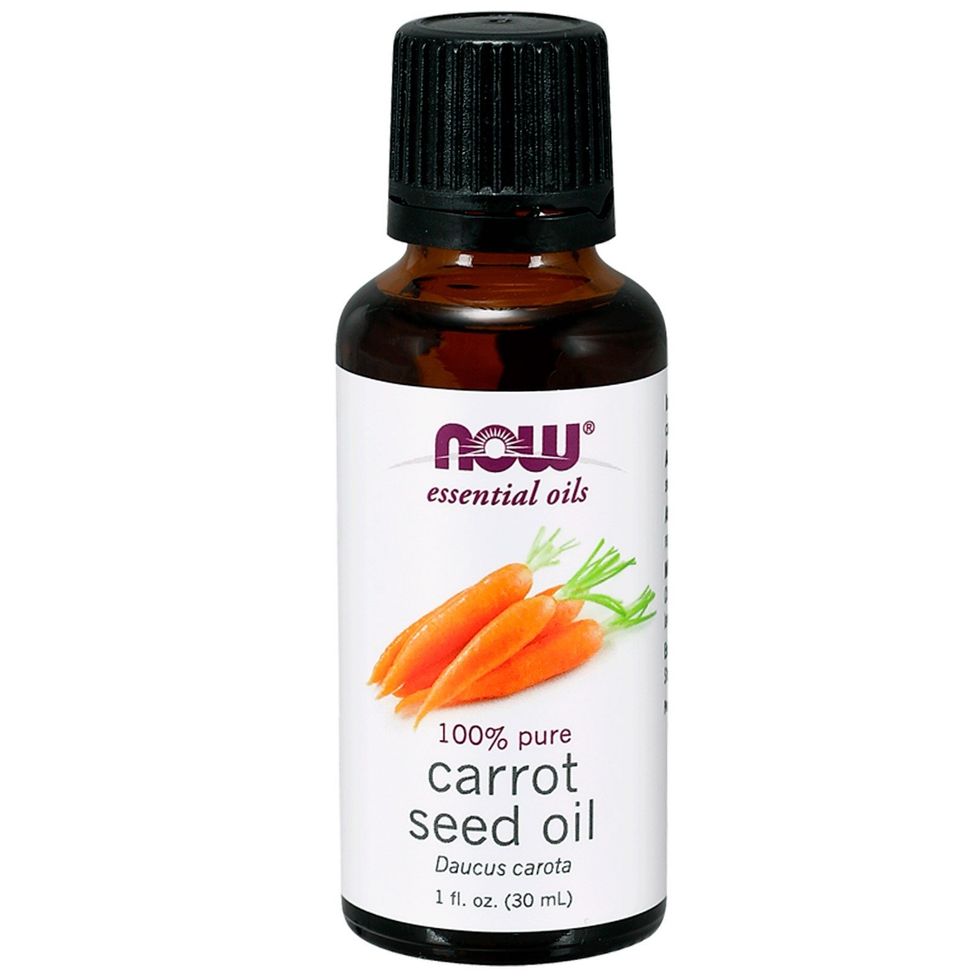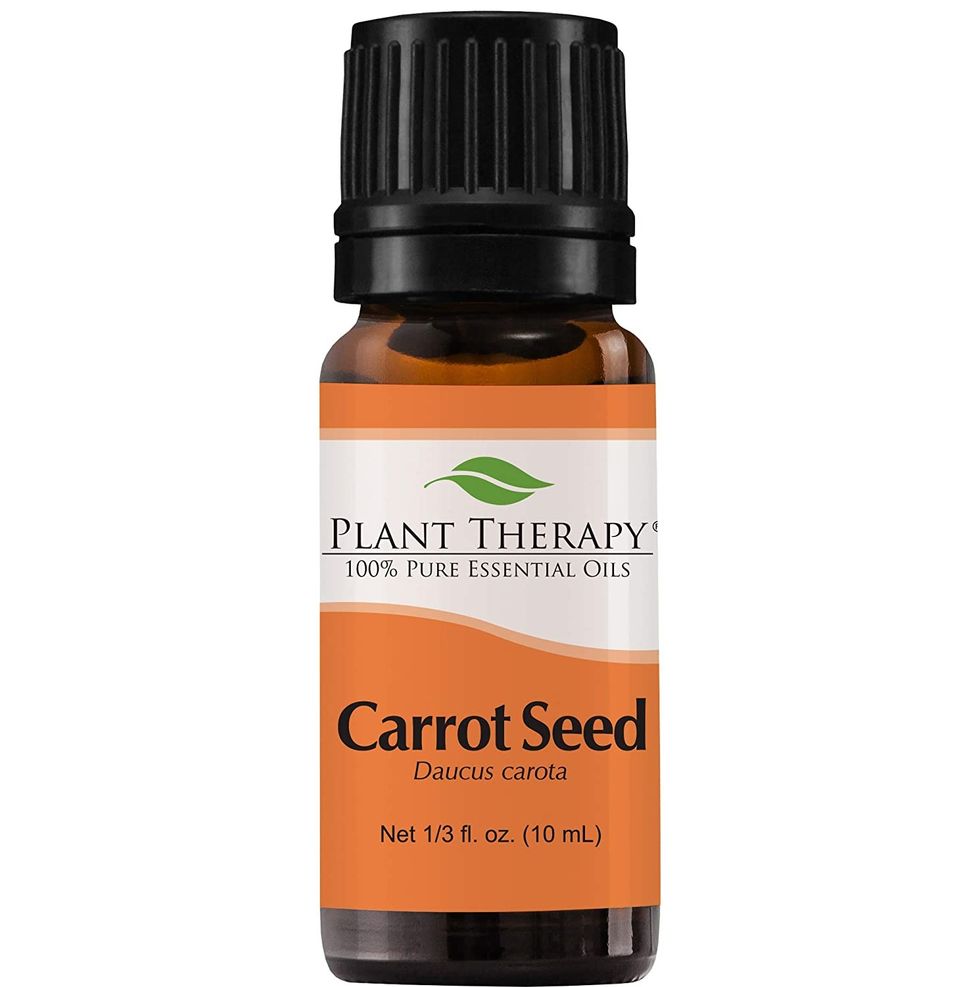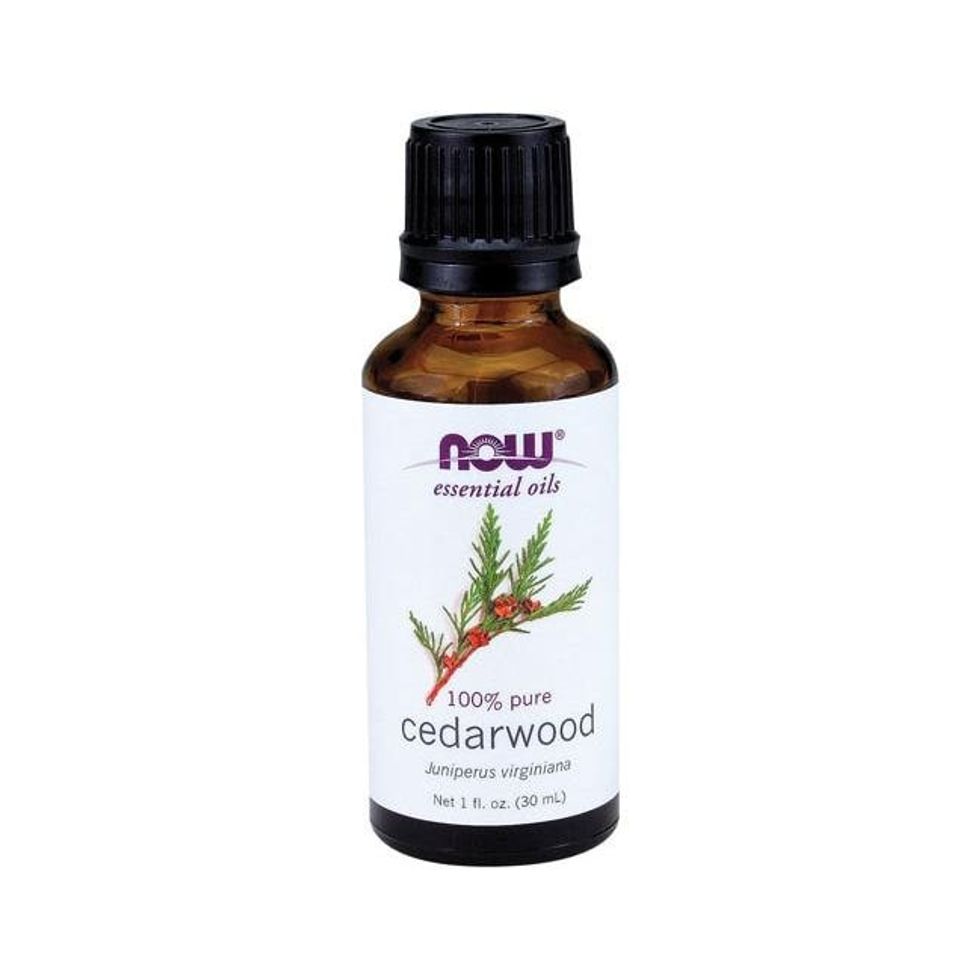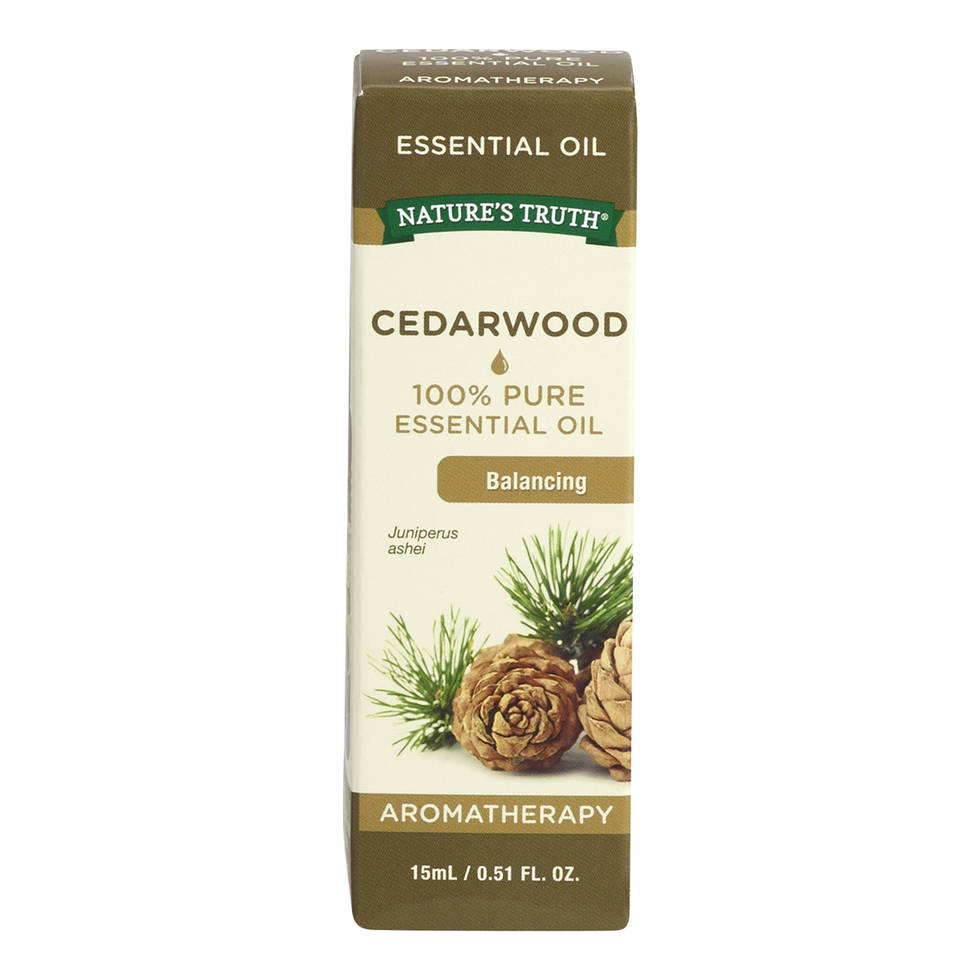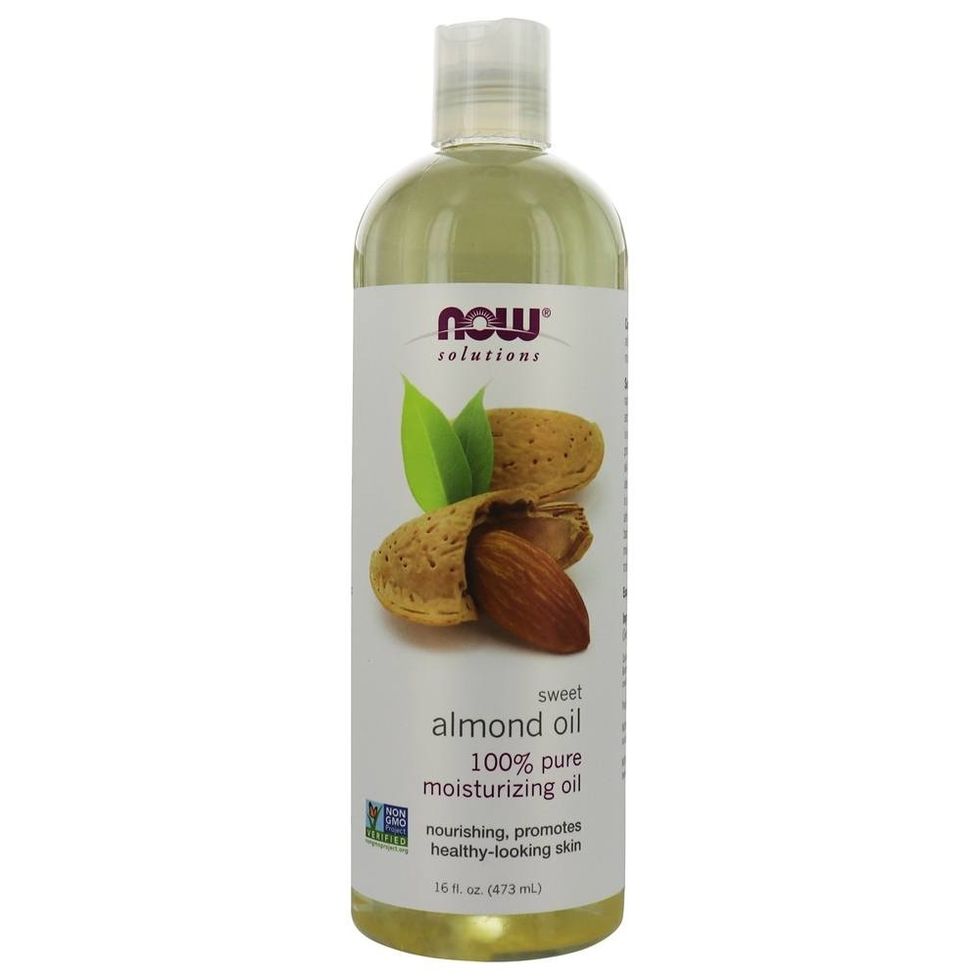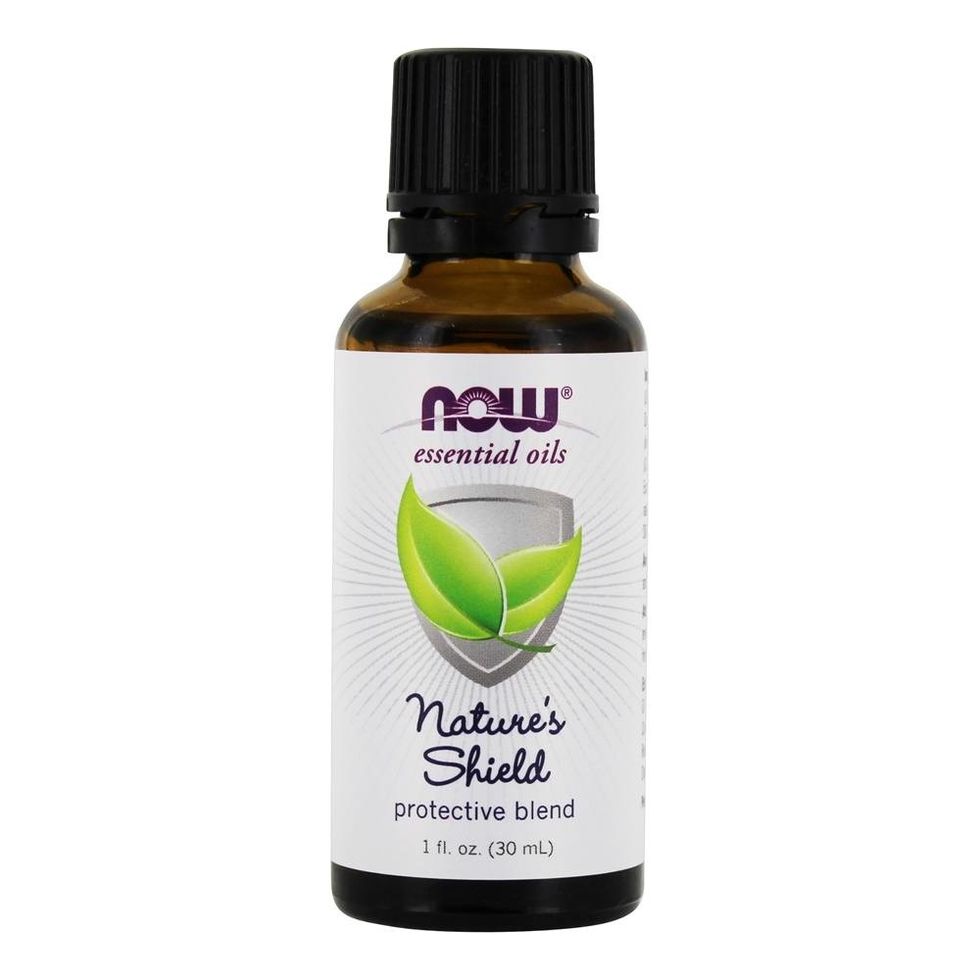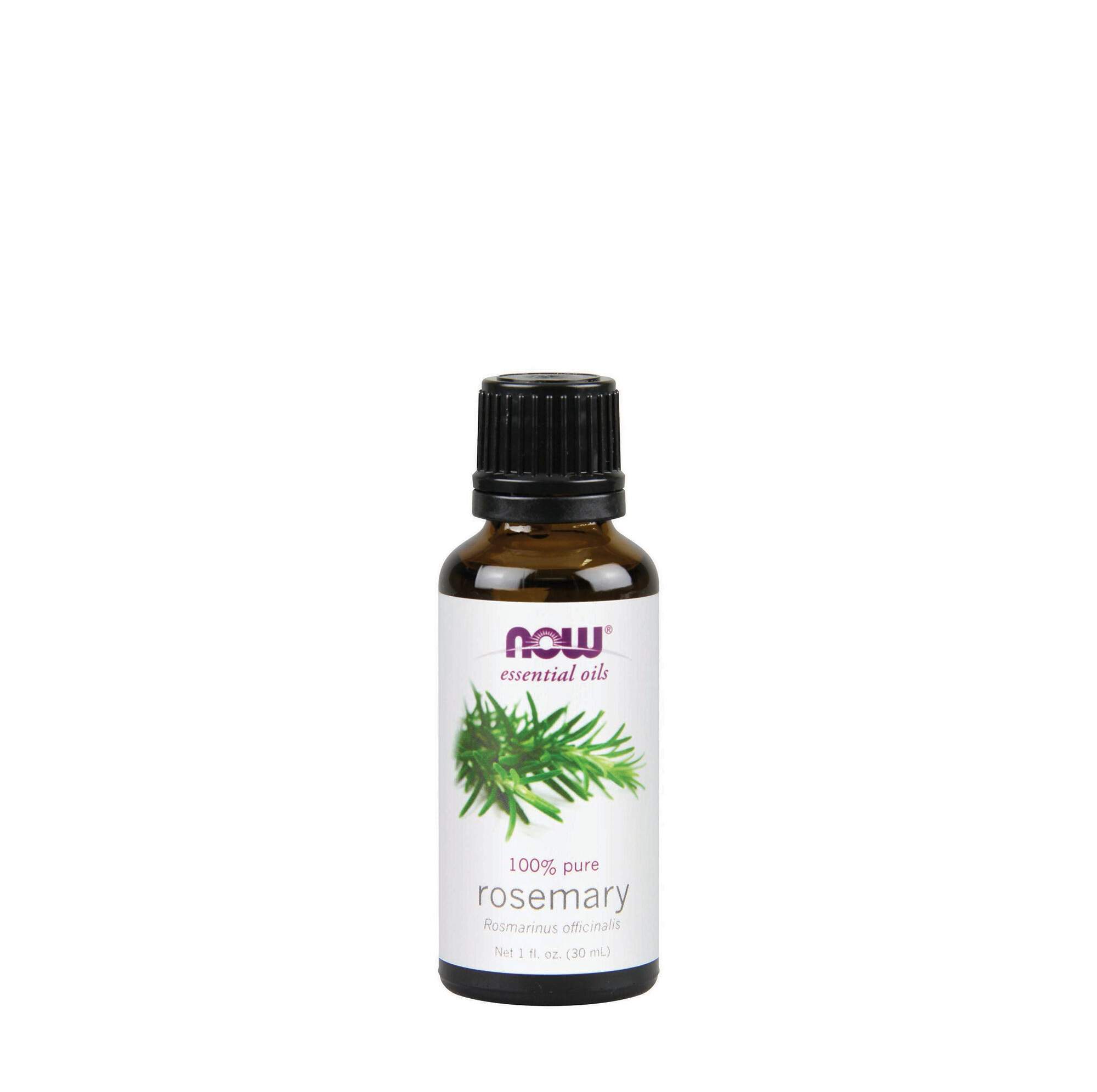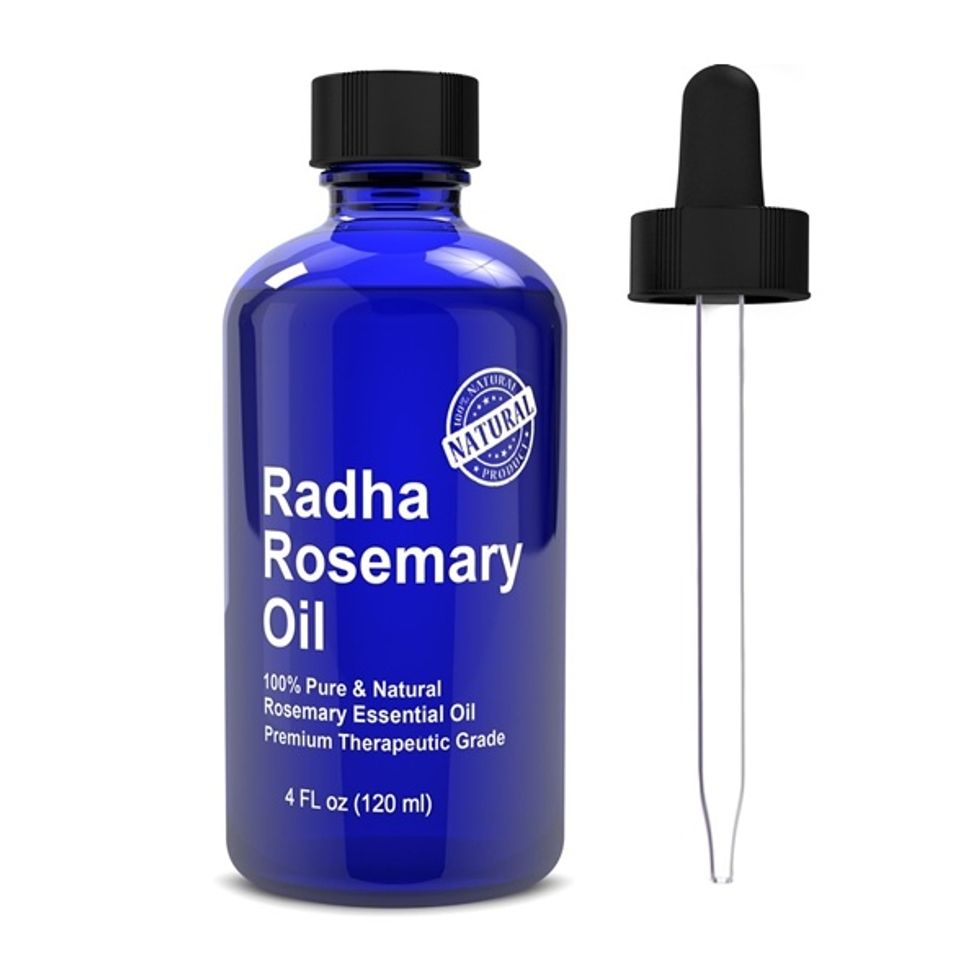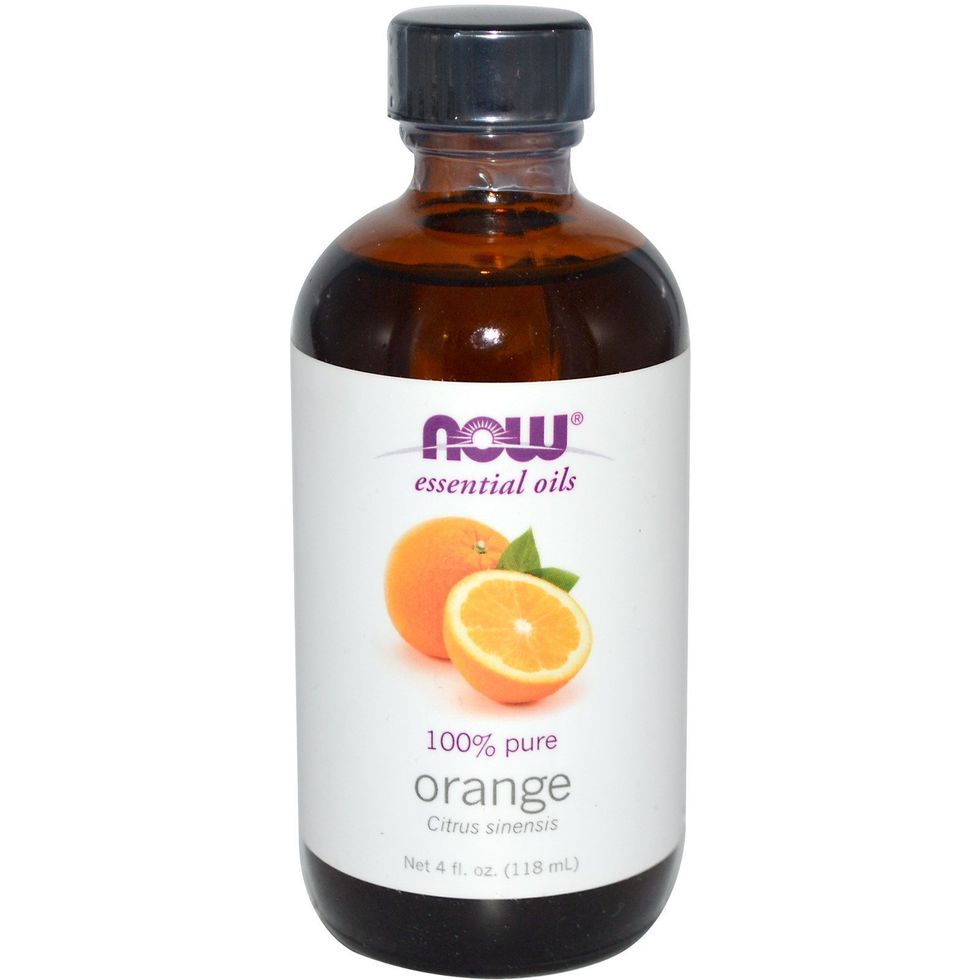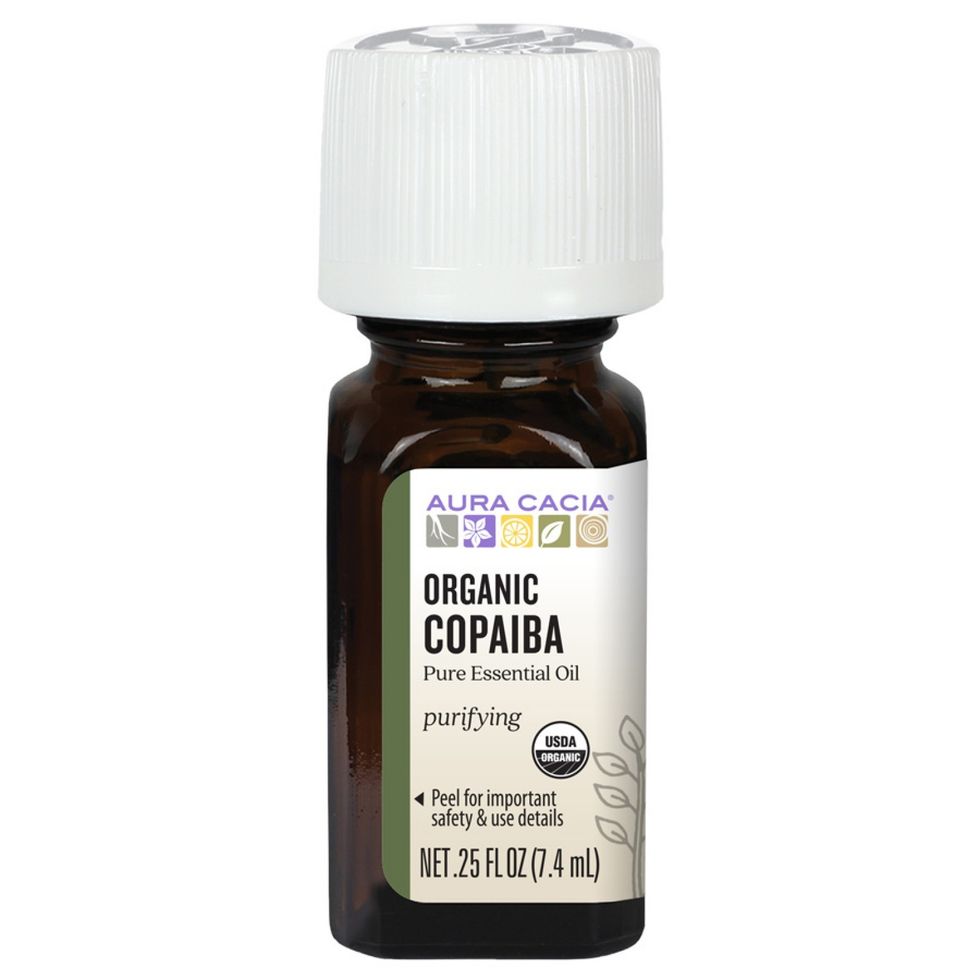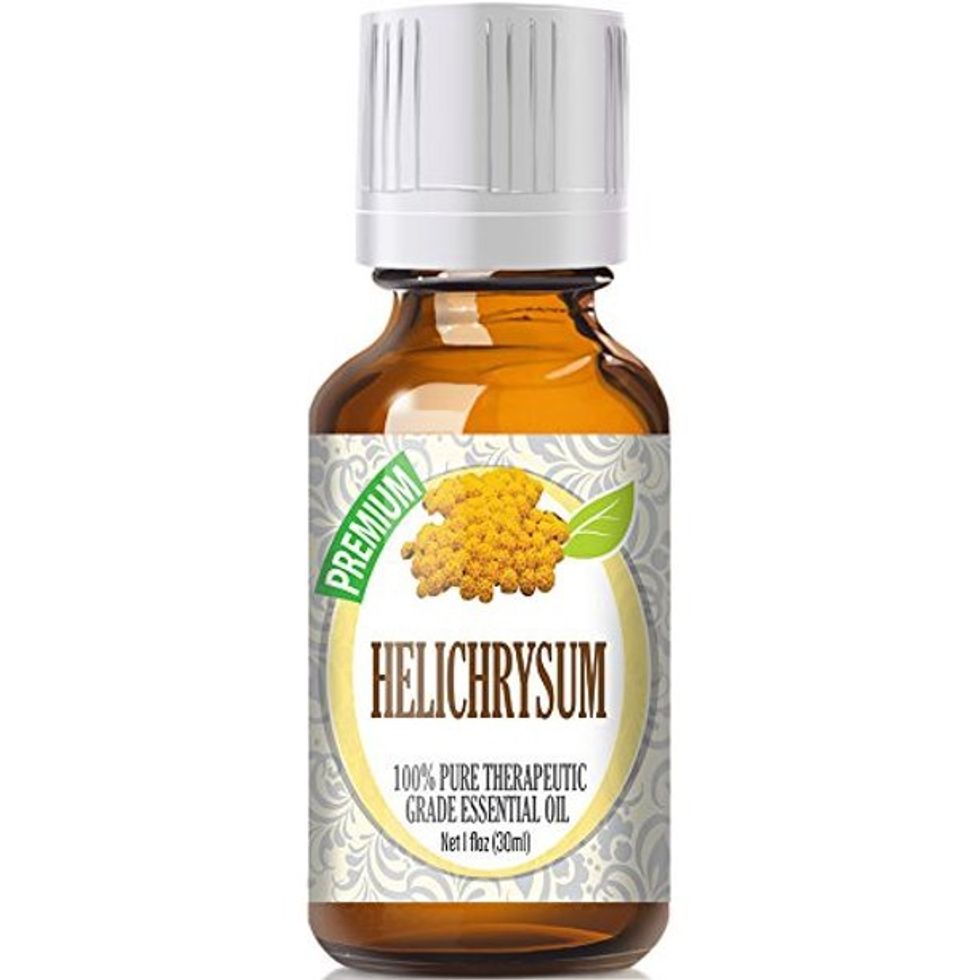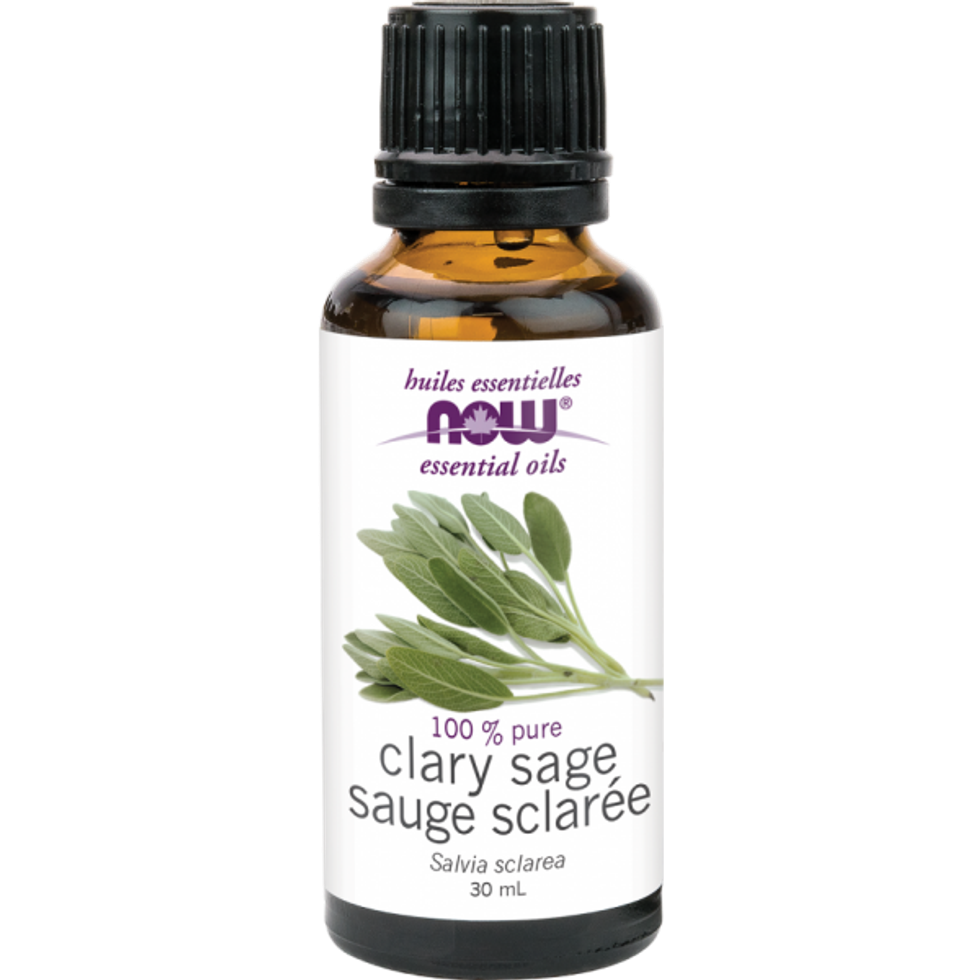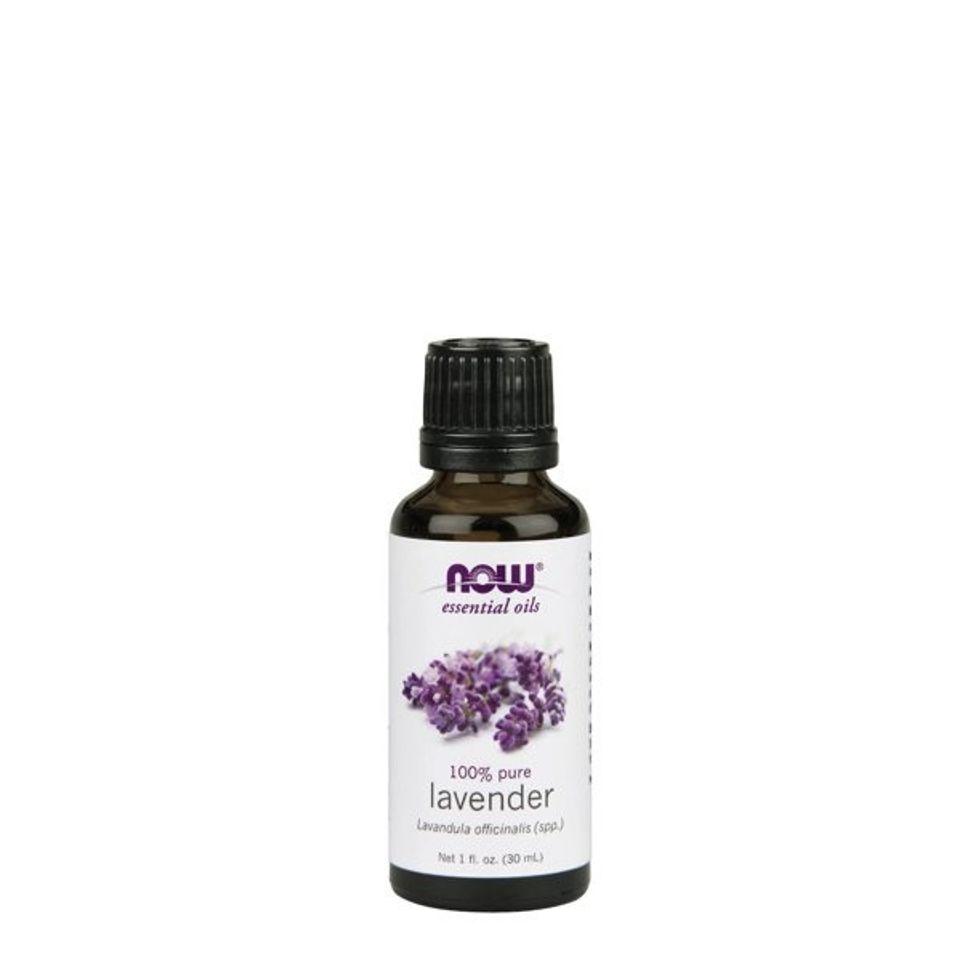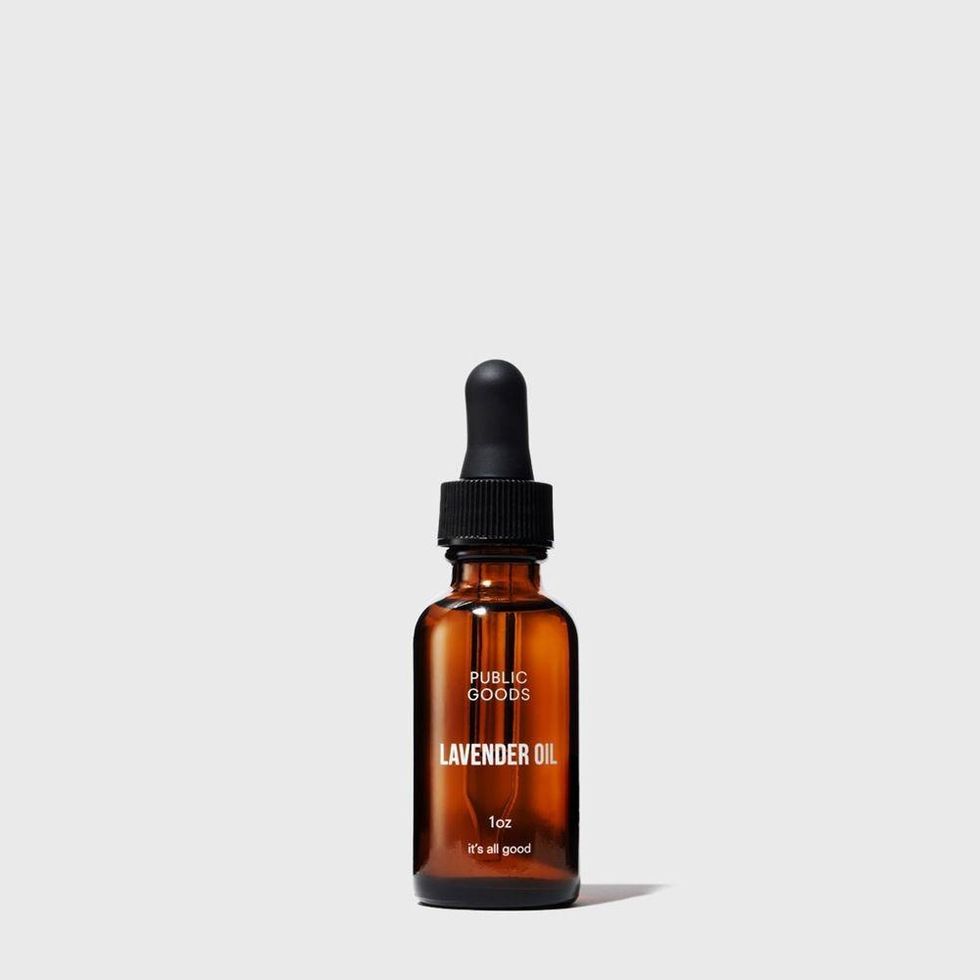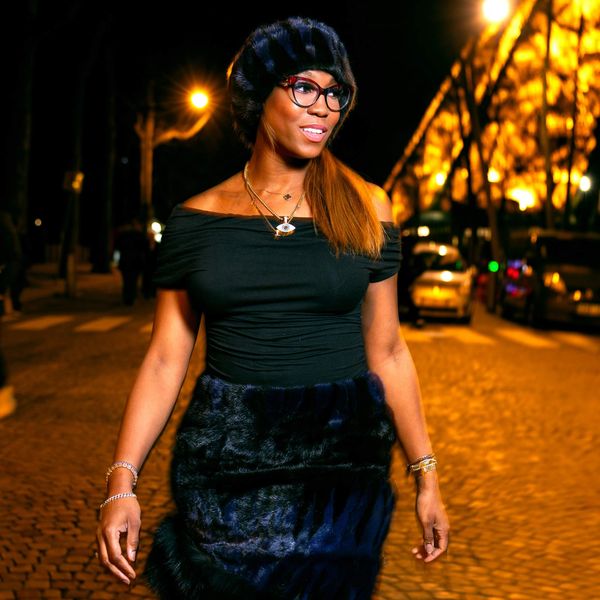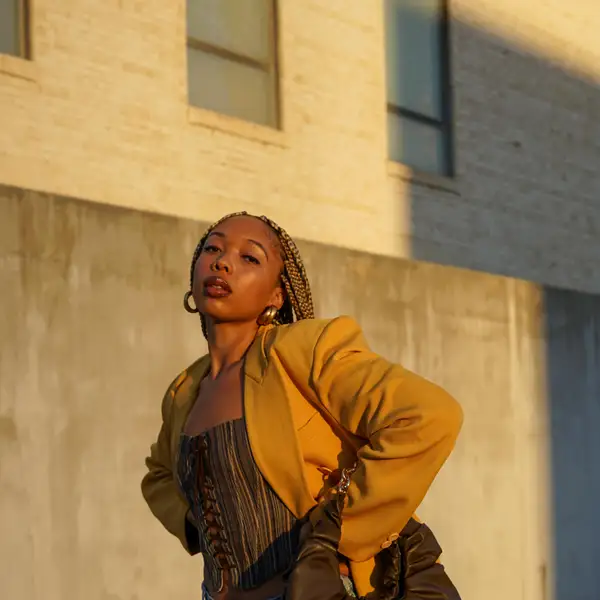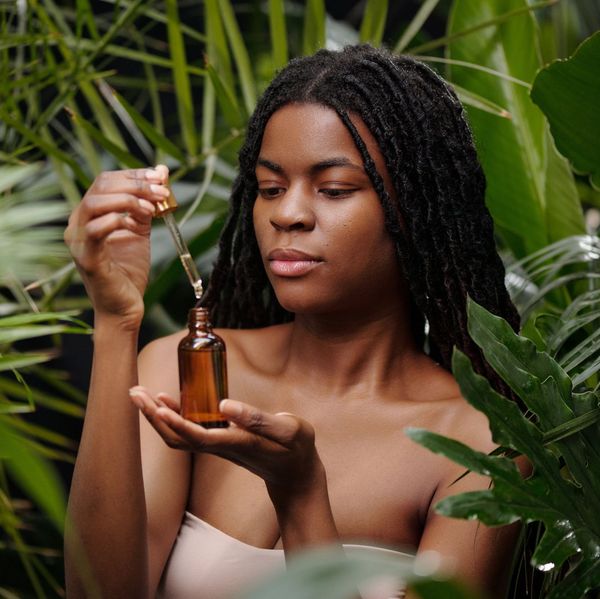Although I've never had full-blown acne before, I am the one who gets a period pimple, that is obnoxious as all get out, in the sense that it pops up right when I don't want it to, right where I don't want it to be. Plus, my hair tends to lend towards the drier side, no matter what I do. Well, at least it used to be that way. Something that has gotten my skin under control is essential oils (specifically tea tree oil and lavender oil for zits). What's gotten my hair right is a sweet almond oil blend, along with Jamaican Black castor oil with rosemary in it.
Why am I sharing this? It's because it wasn't until I stopped being a product junkie and I started doing some research on different essential oils and what they can do, that I discovered that they are must-haves when it comes to my beauty routine. They're natural. They're therapeutic. And they serve multiple purposes, which is definitely a huge plus.
But enough about me. Do you want to try something that will help your insides as well as maintain your beauty on the outside? If so, I've got 10 different essential oils that can get you on the road to looking and feeling, just as amazing as you wanna be.
*Some links are affiliate links. If you make a purchase, xoNecole may earn a small commission.
1. Anti-Aging: Carrot Seed Oil
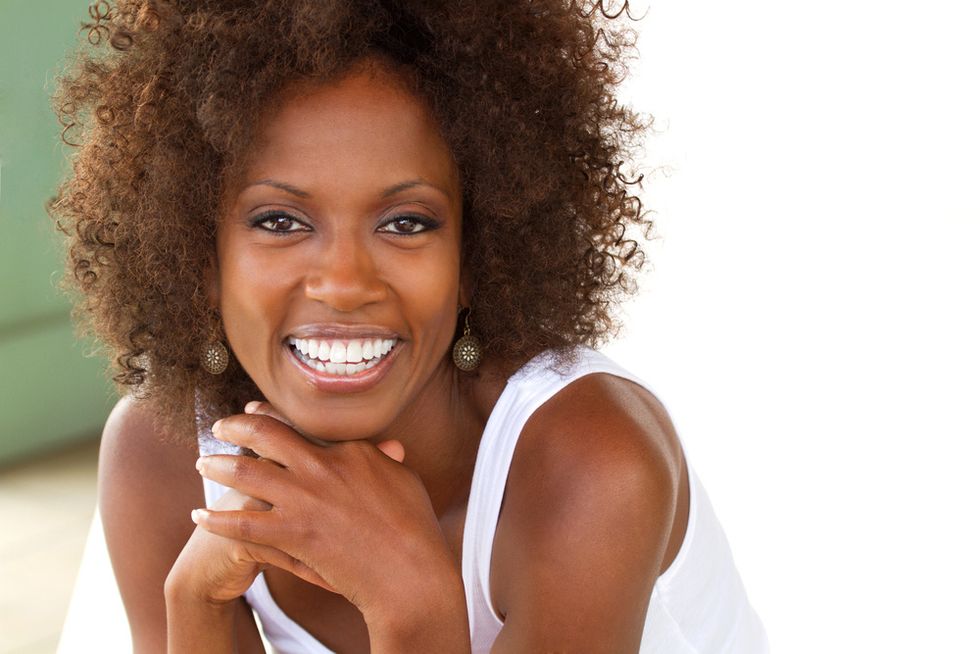
Off top, carrot seed oil is loaded with antioxidants that help to strengthen your immune system. Since it also contains antimicrobial, antioxidant, and anti-inflammatory properties, it's the kind of oil that is also great when it comes to cell renewal, detoxing your blood and stimulating blood circulation. Something else that's awesome about carrot seed oil is it has antiseptic and antiviral properties that make it a great ingredient for homemade deodorant.
Since it's an oil that helps to protect your skin from UV damage, that's one of the reasons why it tops the list if you're looking for an anti-aging essential oil. Being that it's also high in vitamins A, C and E, it mends skin, boosts collagen and is a wonderful moisturizer too. No doubt about it, carrot seed oil is definitely an essential oil that can help to keep your "black from cracking".
Try This: Combine two tablespoons of pure Aloe vera gel with five drops of carrot seed oil and three drops of a carrier oil (like coconut oil or safflower oil). Apply the formula to freshly cleaned skin before turning in at night. Then wash it off in the morning. (Make sure to keep this stored in the fridge.)
2. Hair Growth: Cedarwood Oil
Cedarwood is an antiseptic, anti-inflammatory and antifungal type of essential oil that is great at treating anxiety and insomnia as well as softening the appearance of acne-related scarring. Another pleasant surprise about the oil is some people have even said that it helps to alleviate discomfort that's directly related to arthritis. But what makes it a top hair beauty treatment oil is the fact that it's pretty powerful at treating alopecia areata (a disease that directly attacks hair follicles). Plus, since cedarwood oil also has the ability to balance the sebum that your scalp produces (so that your follicles don't get clogged up), hindering hair growth as a direct result.
Try This: Mix two tablespoons with jojoba oil with one teaspoon of cedarwood oil. Apply the mixture to your scalp, massage for 10 minutes and then rinse out (right after shampooing and conditioning your hair).
3. Skin Exfoliant: Sweet Almond Oil
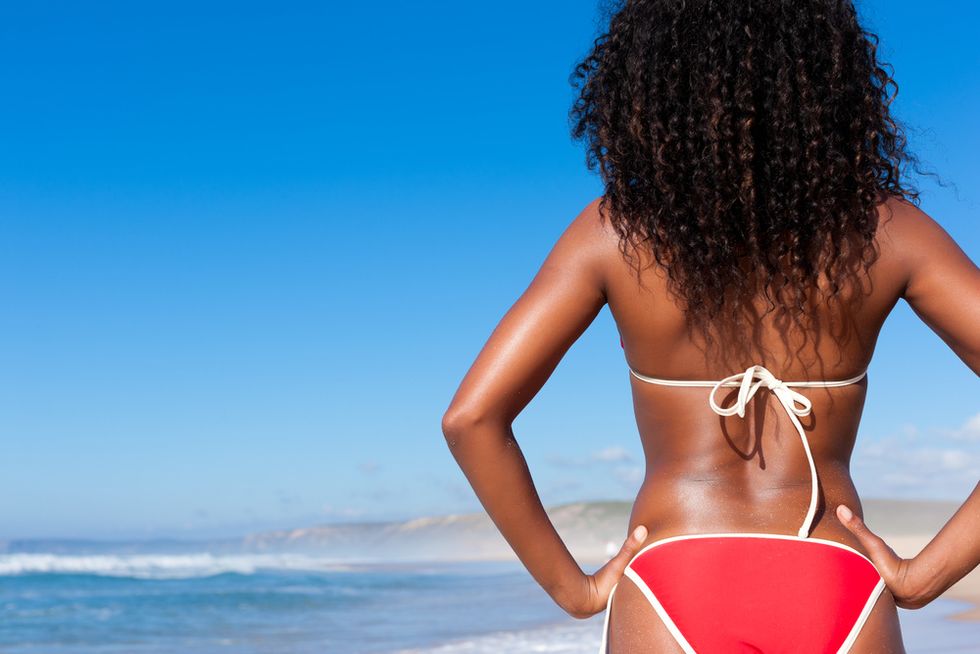
Sweet almond oil is definitely one of my favorite essential oils on the planet! It's high in vitamins A, E and zinc which makes it great at reducing eye puffiness, moisturizing your skin and even reducing the effects of sun damage. And, since sweet almond oil contains powerful emollient properties, it can gently remove dead skin cells so that you're able to end up with even skin tone. It's also an oil that reduces the appearance of acne scars. It can even cause your stretch marks to fade over time.
Try This: Combine a half cup of colloidal oatmeal with three tablespoons of sweet almond oil and a tablespoon of manuka honey. Apply the mask onto clean and damp skin. Let it sit for 15-20 minutes then rinse off with cool water.
4. Toner Ingredient: Thieves Oil
What I like a lot about thieves oil is it's a combination of some of the best essential oils around. It's got cinnamon, cloves, lemon, rosemary and eucalyptus oil, all rolled up into one. This makes it the kind of super oil that is able to boost your immune system, fight sinus congestion, improve your mood, relieve body aches and pains and, if you add it to your DIY toothpaste recipe, it will fight tooth decay and make your toothpaste taste so much better too. Thanks to all of the antimicrobial properties thieves oil contains that are able to kill bacteria and fungi, it's also an ideal ingredient if you like to make your own skin toner.
Try This: Steep some chamomile tea and let it cool. Then add a teaspoon of witch hazel, a half teaspoon of apple cider vinegar (the kind that has the mother in it), along with five drops of thieves oil. Put the combination in a spray bottle, shake and then mist your skin with the toner solution.
5. Damaged Hair Cuticles: Rosemary Oil
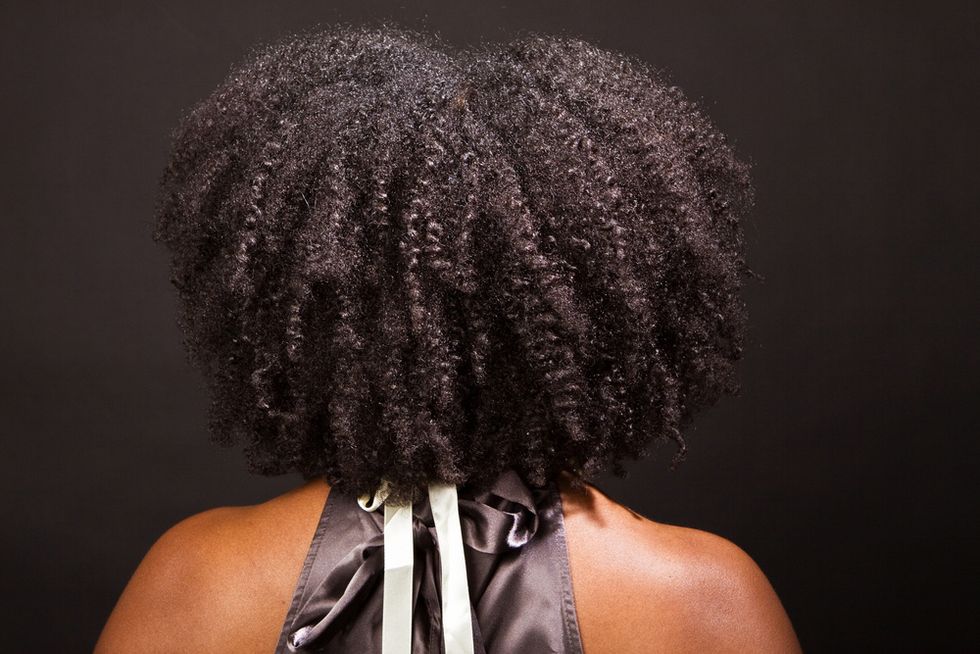
Rosemary oil is the ultimate. It helps to improve your concentration. It provides pain relief. It decreases stress levels. It increases blood circulation. It reduces joint inflammation. It improves liver and digestive health as well. I use it directly as it relates to the health of my hair, though. Since it stimulates blood circulation, your hair follicles are able to get the nutrients that they need in a quicker amount of time. Rosemary oil is also an oil that can help to stop premature greying, hinder dandruff and yes, it can repair damaged hair cuticles too. That's because the antioxidants in the oil are able to seal your cuticles so that, if they're weak, they can get strong again.
Try This: Seal your hair with Jamaican Mango & Lime's Jamaican Black Castor Oil Rosemary Oil. If you'd like some tips on how to properly seal your hair, click here.
6. Collagen Booster: Orange Oil
I like orange oil because it smells so refreshing. As far as health benefits go, it is able to reduce depression-related symptoms, increase your exercise performance, fight certain bacterial strains, heal acne and even treat constipation. Orange oil is also considered to be a great anti-aging essential oil because it has the ability to trigger collagen production in your skin, which can smooth out fine lines and cause your skin to appear more youthful-looking as a direct result.
Try This: If you want to make your own orange oil to apply to your skin, click here for a recipe.
7. Skin Soother: Copaiba Oil
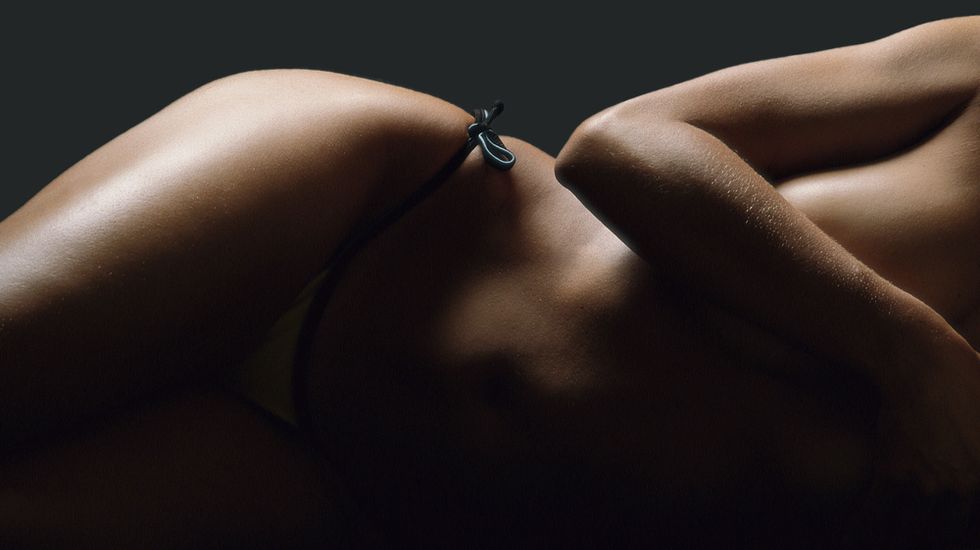
Copaiba oil is an oil that comes from copaiba trees. Some of its cool benefits include the fact that it is able to help treat infections like bladder infections, strep throat and even gonorrhea. The irony to this oil is that while it is able to treat gonorrhea (and syphilis), it's also an aphrodisiac too (some Native Americans even used it as a form of contraception). This oil is awesome for your skin because it contains beta-caryophyllene which is an anti-inflammatory agent that helps to soothe any irritation and heal it over time.
Try This: Mix three teaspoons of avocado oil (which is a great healing oil) with three drops of copaiba. Apply directly to wherever your skin is irritated.
8. Dry Scalp: Ylang-Ylang Oil
If you want an oil that will lower your blood pressure, alleviate anxiety, reduce depression-related symptoms, slow down your heart rate, soothe the pressure that comes with headaches, treat sinus infections and make it easier for you to go to sleep at night, ylang-ylang oil is just what you're looking for.
On the beauty tip, because it's also an oil that stimulates sebaceous glands, it can help to heal your dry scalp while deep conditioning your hair at the same time.
Try This: Add three drops of ylang-ylang oil to three tablespoons of coconut oil. Massage the oil onto your clean damp scalp. Then let it sit for 20 minutes, rinse with cool water and style.
9. Scar Treatment: Helichrysum Oil
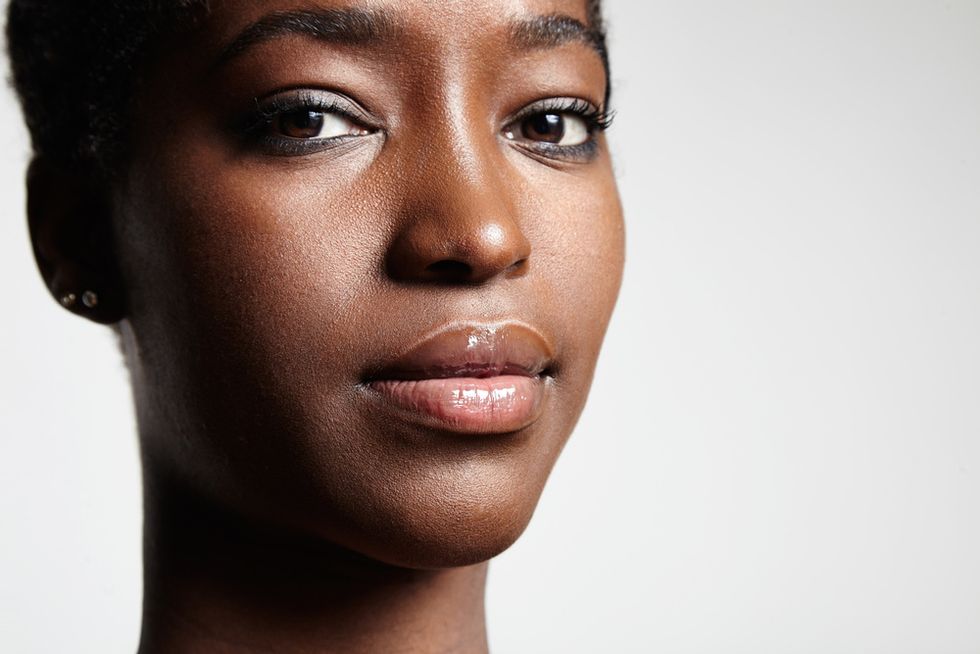
While this isn't exactly the kind of oil that comes up in regular conversation, once you know all of the ways that it can benefit you, you'll want to get a couple of bottles of it as soon as possible. Helichrysum essential oil comes from a Mediterranean plant. It is able to do everything from reduce inflammation during a cold and relieve intestinal spasms to stop staph infections and treat candida. As far as your beauty needs go, helichrysum oil is great because it speeds up the healing process of wounds (including popped pimples) so that your scars are smoother and less apparent to the eye.
Try This: Mix a teaspoon of Vitamin E oil with two drops of helichrysum oil. Then directly apply the combo onto any healed scars you may have.
10. Hair Strengthener: Clary Sage Oil and Lavender Oil
Clary sage has the reputation of being a natural antidepressant and stress reducer. Something else that's wonderful about it is, clary sage also has the ability to reduce menstrual cramps and reduce menopausal symptoms. Hair-wise, this is the kind of oil that can reduce dandruff and strengthen your hair follicles. Lavender oil contains properties that fight allergies, treats insomnia, helps to heal eczema, reduce menstrual cramps and relaxes your nervous system. It's great for your hair because lavender oil can help to make your hair strands thicker while stimulating hair growth in the process.
Try This: Apricot kernel oil is high in vitamins A and E which makes it a great carrier oil for your hair. Mix a half cup of it with 5-7 drops of clary sage oil and 3-4 drops of lavender oil. Zap it in the microwave for 15 seconds and then apply as a hot oil treatment for your hair. Do it twice a month for best results.
Want to talk more about beauty, wellness & self-care with like-minded women? Join the xoTribe members community today to start your glow-up journey.
Featured image by Shutterstock



